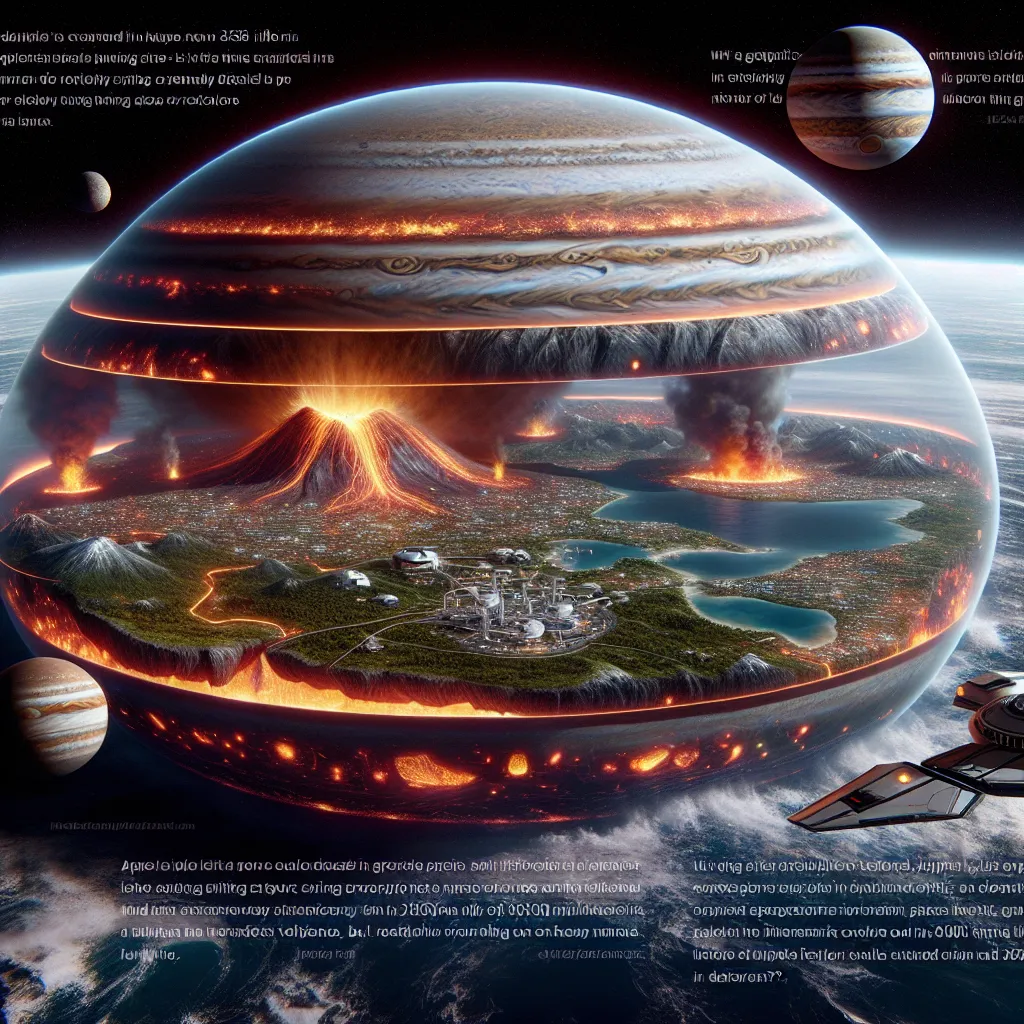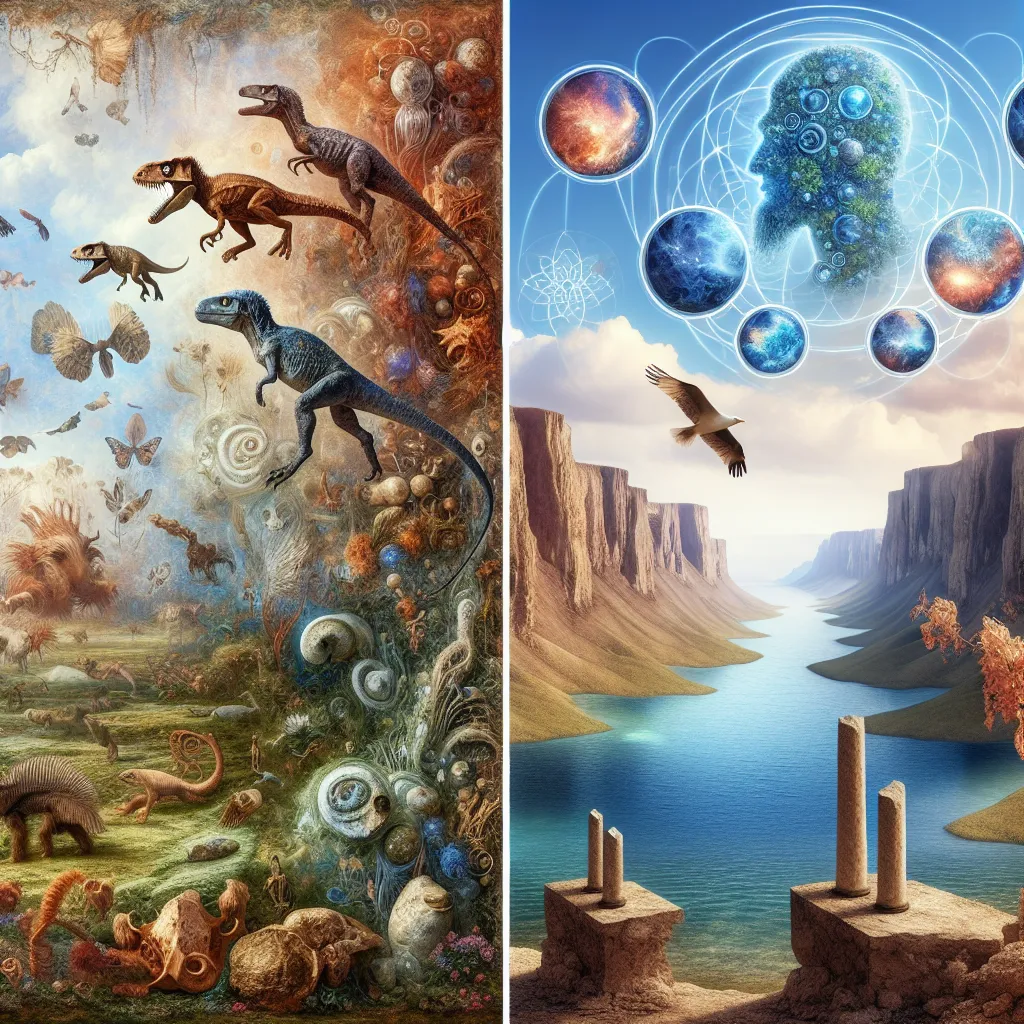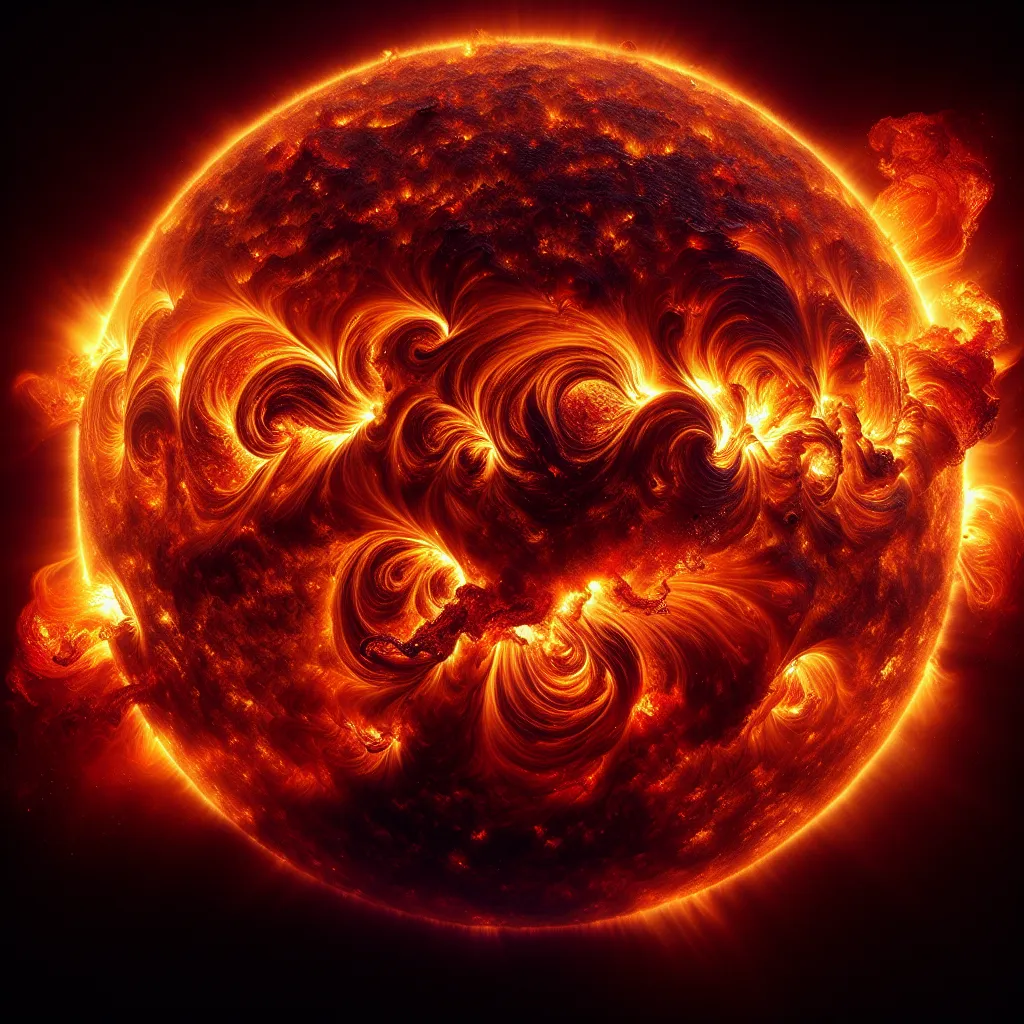Hi! I’m Nigel, and welcome to “Nigel Goes to Space.” Today, I’ve got an intriguing question from Jeremy, a teacher at an international school. Jeremy and his class watched our Pluto episode and wanted to know more about a rumored “Planet X” in the outer solar system. Let’s dive into it!
Firstly, you should know that Pluto itself was once referred to as Planet X back in 1930 when it was discovered. Back then, X symbolized an unknown world beyond the planets we were familiar with. But what lies beyond Pluto? There’s a lot of debris called Kuiper Belt objects. Pluto is just the largest among them, but there are others like Eris, which is slightly bigger.
However, the International Astronomical Union reclassified these objects as dwarf planets in 2006. So, what about a potential Planet X? If it exists, it would be a massive planet, something similar to Earth or perhaps even as significant as Jupiter. But we haven’t found concrete evidence yet.
Astronomers search for indirect signs. For example, we observe small objects like Sedna and another discovered in 2012 known as 2012 VP 113. Their odd orbits suggest they’re being pulled by something massive. The comets from the Oort Cloud, a region far beyond the known planets, also behave strangely. When these comets get closer to the Sun, they warm up and exhibit a glowing head with a tail. Many of their orbits align in ways that hint at a hidden planet’s gravity disturbing them.
There’s even a theory that such a planet might be responsible for mass extinction events on Earth every 26 million years by sending space rocks our way. This hypothetical planet, sometimes referred to as Tyche, could act like a cosmic nemesis.
To hunt down these elusive worlds, astronomers use powerful tools like NASA’s Wide-field Infrared Survey Explorer (WISE). This satellite searches for heat emissions from distant icy bodies. Unfortunately for the nemesis theory, WISE hasn’t detected anything massive enough to support it. However, it hasn’t entirely ruled out the possibility of a smaller planet, perhaps twice the size of Earth, lurking in the shadows.
So Jeremy, my gut feeling is that there’s still a strong chance for a Planet X. It might be a few exciting years ahead as astronomers continue to search with even more advanced telescopes. And rest assured, if we find it, it’ll be featured in an upcoming episode of “Nigel Goes to Space.”
Thanks for your question, Jeremy. I hope your class finds this exploration beyond Pluto and Neptune as fascinating as I do. For anyone else watching, send in your questions about space, astronomy, or even life as an astronaut.






